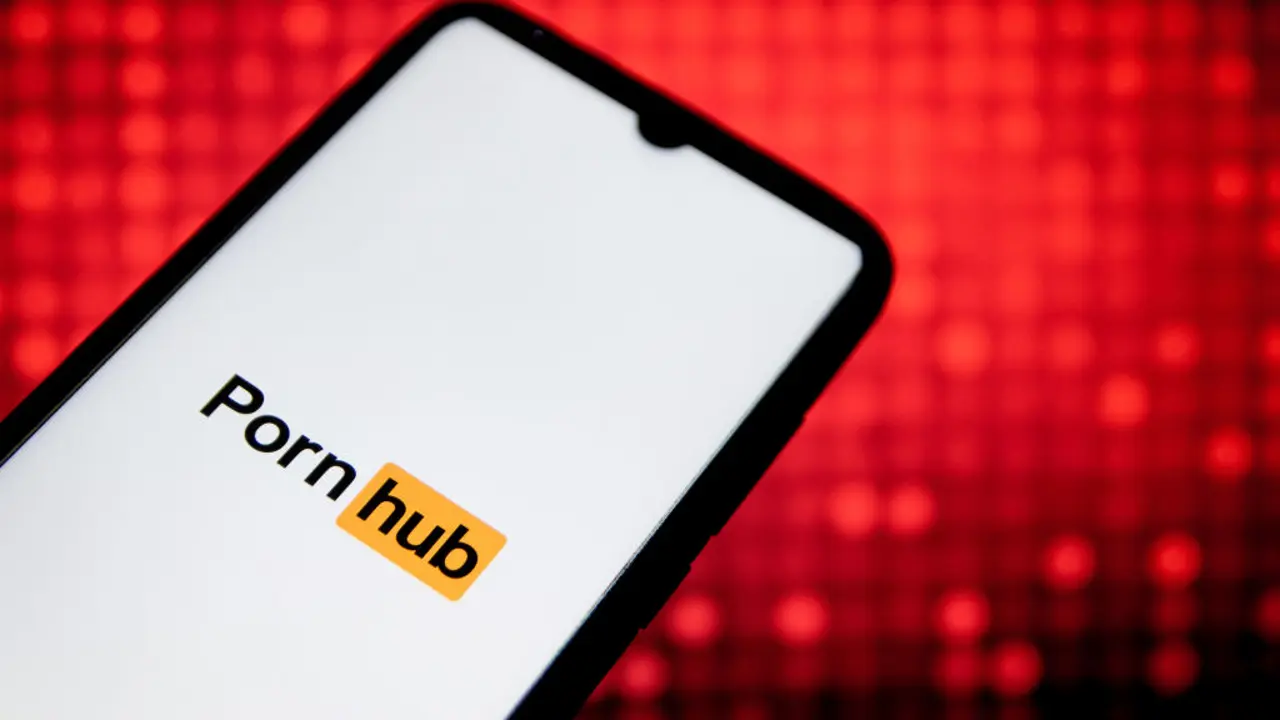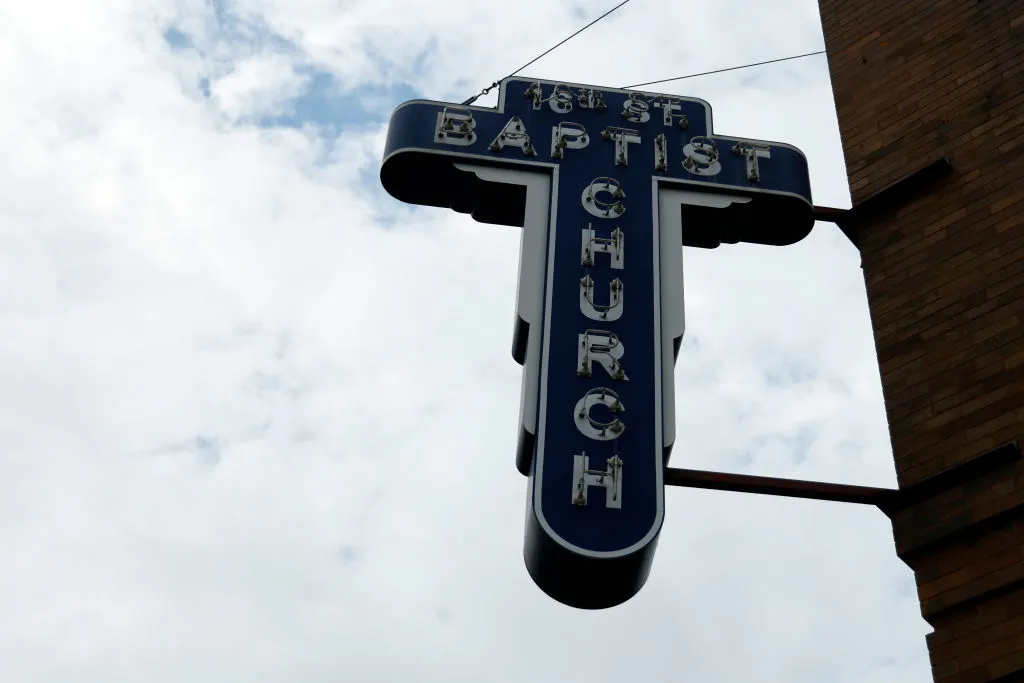By Shriya Kataria
Copyright breezyscroll

What is House Bill 4938?
Michigan Republicans have introduced House Bill 4938, a sweeping proposal that would criminalize the distribution of pornography—not just to minors, but to adults as well. Dubbed the “Anticorruption of Public Morals Act,” the bill marks one of the boldest efforts in the U.S. to outlaw explicit content across all ages.
The legislation casts a wide net. It defines prohibited material as virtually any explicit media—films, digital animations, audio recordings, and even written descriptions of sexual acts. The measure also prohibits content that depicts gender “imitation,” effectively barring material involving gender expression or identity.
For the first time, internet service providers would be required to block adult content at the source. Users attempting to bypass restrictions with VPNs or online proxies could also fall under the law’s penalties.
How Severe Are the Penalties?
The proposed punishments are harsh. Distributing explicit content could bring up to 20 years in prison or $100,000 in fines. Penalties escalate further if larger volumes of material are involved, creating a potential chilling effect on not only adult entertainment companies but also smaller creators and platforms that host user-generated content.
For comparison:
Federal law already criminalizes child pornography, but adults are generally free to access and share legal adult content.
More than two dozen states—including Utah, Louisiana, and Texas—have passed laws requiring age verification for online porn.
No U.S. state has yet attempted a blanket ban for adults. If passed, Michigan would be the first.
(Consider adding a chart here comparing “Current State Porn Laws” vs. “Proposed Michigan Bill.”)
Why Are Michigan Republicans Pushing This?
Rep. Josh Schriver (R-Oxford), the bill’s sponsor, frames the measure as family-first legislation. He told WLNS 6 News: “These measures defend children, safeguard our communities, and put families first.”
Supporters argue that porn fuels social problems such as addiction, broken families, and declining birth rates. They also claim the bill aligns with a broader conservative push to curb what they see as harmful sexual ideologies.
By drawing in “gender ideology,” the proposal also speaks to a larger culture war agenda—tying porn regulation to debates over LGBTQ+ visibility, gender expression, and parental control.
Why Does This Bill Raise Alarm?
1. Free Speech Concerns
Civil liberties advocates are already sounding alarms. The American Civil Liberties Union (ACLU) and other groups have long argued that pornography, while controversial, is protected under the First Amendment unless it meets the narrow legal definition of “obscenity.” HB 4938’s broad and vague wording could sweep in constitutionally protected works, from adult films to sexually explicit literature.
2. Enforcement Challenges
Requiring internet service providers to block prohibited material opens up a host of practical questions:
How will ISPs filter millions of websites?
Who decides what counts as prohibited content?
Could everyday users be punished for private sharing, such as sending adult images through messaging apps?
Tech experts warn that forcing ISPs to monitor traffic could undermine privacy and security, while penalizing VPN use raises questions about criminalizing a widely used cybersecurity tool.
3. Precedent Setting
If Michigan succeeds, other conservative states may follow suit. That could ignite a patchwork of state-level restrictions on adult content—leading to significant clashes in courts and possibly setting up a Supreme Court showdown over digital free speech.
What Could This Mean for Michigan Residents?
If enacted, HB 4938 would change how adults in Michigan consume media:
Porn Websites Blocked: ISPs would need to cut off access to adult sites by default.
VPNs Criminalized for Porn Use: Attempting to bypass filters could itself be a crime.
Creative Works at Risk: Novels, art, or even audio dramas with sexual content could face bans.
Broad Legal Exposure: Distributing explicit material—even consensually between adults—might carry felony charges.
(An infographic illustrating “Everyday Activities That Could Become Crimes Under HB 4938” would work well here.)
What Happens Next?
The bill is still in the early stages and faces a long path before becoming law. Michigan’s legislature is divided, and Democrats, who hold narrow control, may block or heavily amend the proposal. Still, its introduction signals that the debate over pornography is expanding beyond minors and into adults’ private choices.
The question is whether courts—and voters—are willing to accept government control over what consenting adults watch, read, or share online.
Michigan Republicans introduced HB 4938, the “Anticorruption of Public Morals Act,” which seeks to criminalize pornography for adults and minors alike. The bill covers explicit films, digital media, and even written depictions, with penalties of up to 20 years in prison. It also bans depictions of gender expression and requires ISPs to block porn. If passed, Michigan would become the first U.S. state to fully outlaw adult porn—a move that could trigger major free speech battles and tech enforcement challenges.



